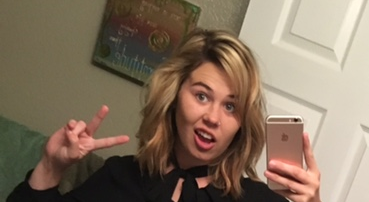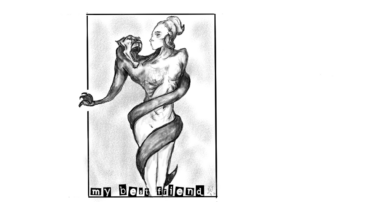Social media shrinks the world and that can be a blessing. But for individuals at risk for eating disorders, that has powerful, negative implications. The feedback from likes, comments and shares can fuel an unhealthy obsession with weight and appearances and provide a fleeting sense of value from external approval. People with eating disorders typically struggle with their internal sense of worth. While that may not be apparent in their day-to-day lives, it drives their behaviors and makes them more susceptible to overvaluing external approval. Social media provide a way for ordinary people to connect with hundreds or thousands of others. For those with eating disorders, it is offers a new metric for measuring success and value. Some individuals derive their self-worth from other people, so they use their own posts and photographs to elicit favorable comments. Thirty years ago it would have been difficult for an individual to receive feedback about their body. It would mostly be limited to a few friends or family members. Today, someone can post a photo, perhaps a highly edited image, that on Facebook or Twitter can get hundreds of comments and thousands of views in an hour. For people with eating disorders, those comments can drive continual obsessions around body, shape, and size. Moderation is typically not a characteristic of individuals struggling with eating disorders. Some think that if some weight loss is seen by others to be good, then more must be better. They filter out the fact that it may have taken them 10 photographs to get the one that they liked and posted. They may ignore the comments that say, “Too much!” Comments and views become a new metric, joining pounds and inches for those obsessed with weight loss as ways of measuring their value. One way to get more comments is to take more sexualized shots. Women find that cleavage photos get a lot more views; men discover that a torso shot highlighting tight abs and a ripped upper body receive more comments and shares. Both become increasingly focused on getting in shape, burning calories and looking good. It becomes all that matters. Read More…











